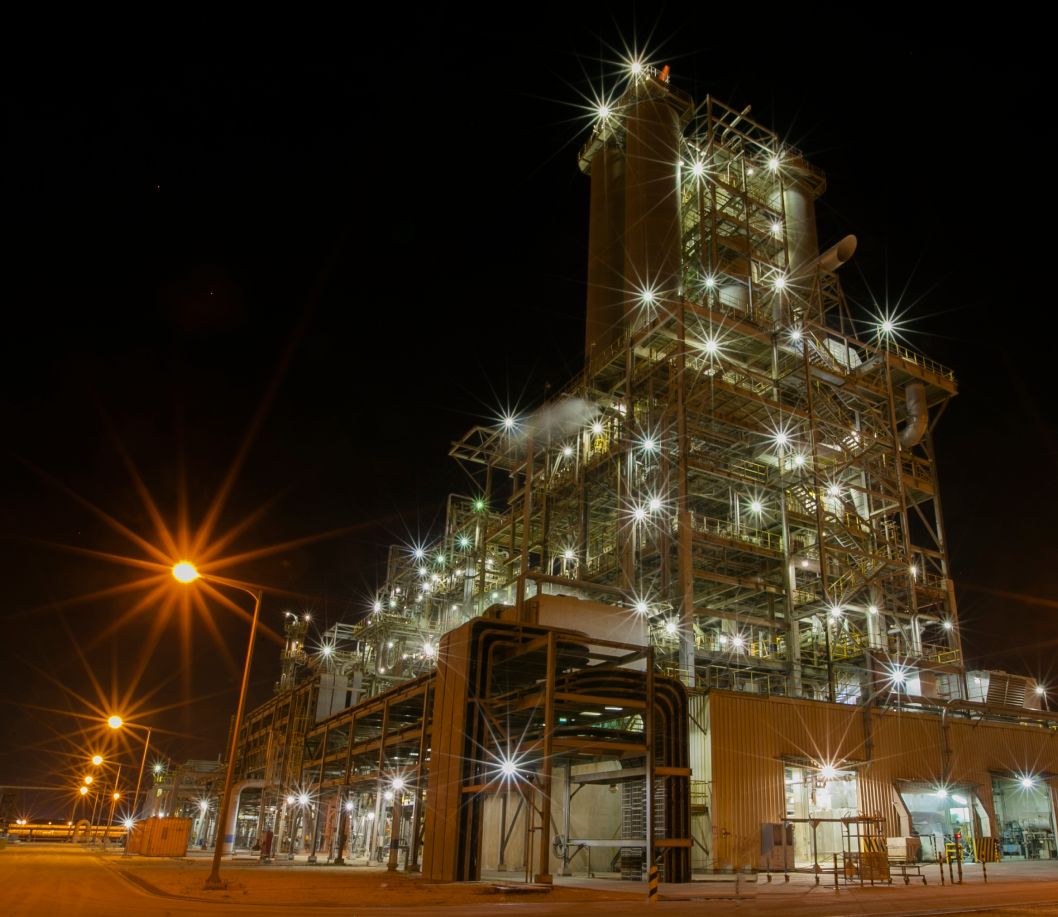ADVANCED produces 450,000 tons per annum of polypropylene. The Company is utilizing proven technologies provided by Novolen Technology Holdings C.V. (“NTH”), a subsidiary of ABB Lummus Global Inc. (“Lummus”). Lummus, has granted the Company the right to utilize its CATOFIN® “PDH” technology, and NTH has granted the Company the right to utilize its NOVOLEN® polypropylene production technology. The Plant was being engineered and constructed by Samsung Engineering Company Limited (“SECL”) and its affiliate, Samsung Saudi Arabia Limited (“SSAL”).
High crystalline polypropylene resins are characterized by an extremely high isotactic index. When compared to standard homopolymer resins, these resins exhibit a significantly higher stiffness and excellent chemical and heat resistance.
The increased stiffness versus standard polypropylene provides a significant down-gauging potential. High crystalline polypropylene can be converted with existing extrusion or injection moulding equipment.
Random copolymers are derived through modification of the polypropylene chain by the addition of small amounts of comonomer, resulting in modified properties when compared with HOMO PP.
Random copolymers provide significantly improved optical properties (haze and gloss), improved hot sealing characteristics, as well as improved impact performance. RACO PP resins show good chemical resistance against most inorganic acids, alkalis and salts, as well as good resistance to environmental stress cracking.
Homopolymers are characterized by a high isotactic index, resulting in a high melting point and leading to excellent stiffness, superior scratch resistance, and good chemical resistance against most inorganic acids, alkalis, and salts.
In addition, homopolymers provide strong resistance to environmental stress cracking when in contact with alcohols, esters, detergents or polar hydrocarbons.
The high melting point also makes HOMO PP resins especially suitable for applications requiring temperature resistance (e.g. hot filling or steam sterilization).
